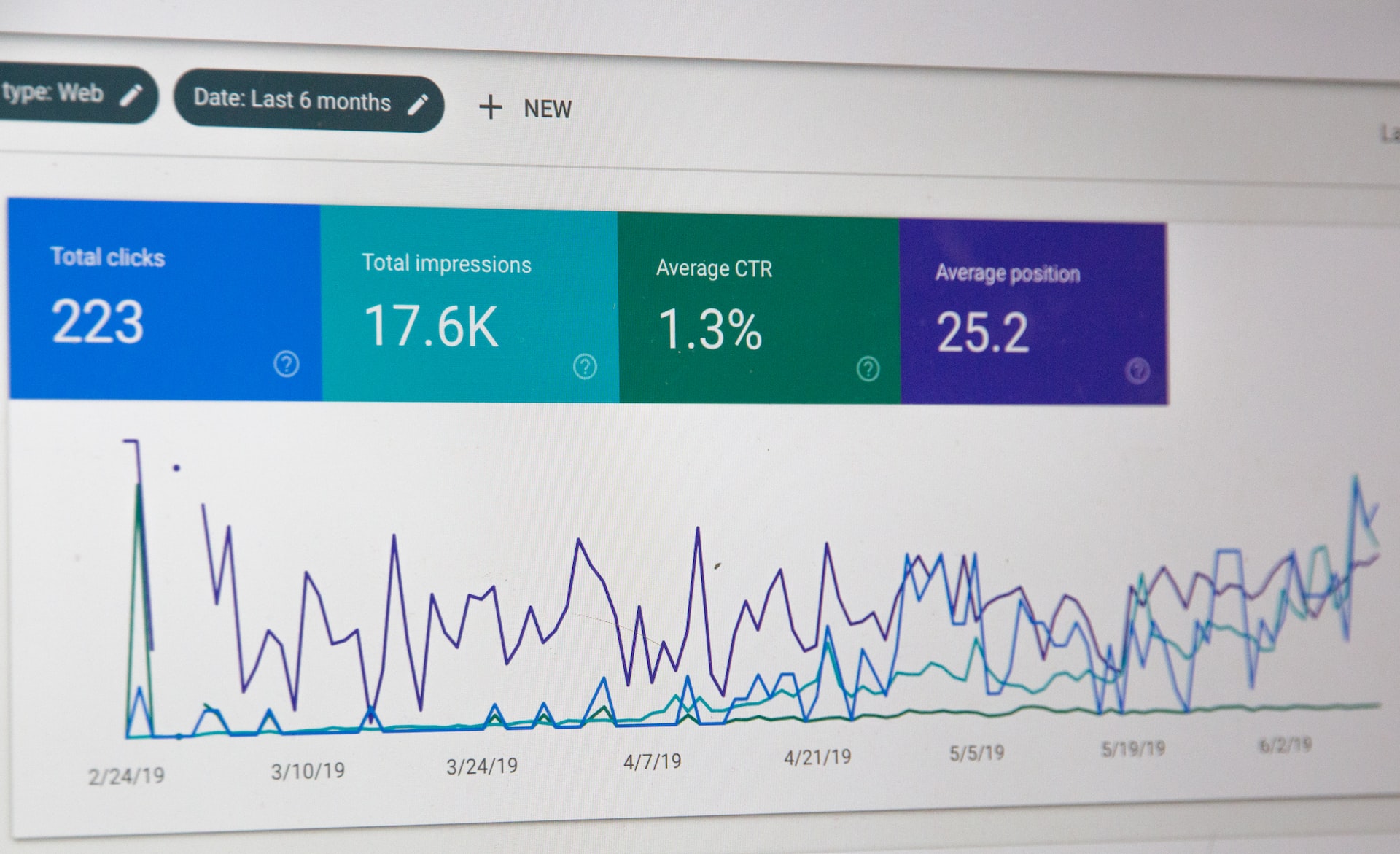As digital marketing continues to evolve, understanding the most essential marketing metrics is imperative. These metrics serve as keys, unlocking insights into the success of your strategies and providing direction for future marketing decisions. In this article, we explore five pivotal marketing metrics: Customer Acquisition Cost (CAC), Customer Lifetime Value (CLV), Return on Investment (ROI), Conversion Rate, and Churn Rate. We use a hypothetical online clothing store to illustrate these concepts and the types of decisions they can inform.

Customer Acquisition Cost (CAC)
Customer Acquisition Cost (CAC) signifies the total cost of acquiring a new customer, incorporating expenses from marketing and sales. If our online clothing store spends $1000 on a social media ad campaign and acquires 50 new customers, the CAC is $20.
A high CAC can prompt several important business decisions. The executive team might decide to refine
marketing strategies or seek more cost-effective channels to attract new customers. Additionally, they might choose to optimize current marketing campaigns to improve their effectiveness.
Customer Lifetime Value (CLV)
Customer Lifetime Value (CLV) estimates the total revenue a business can expect from a single customer account over the course of their relationship with the business. If a customer at our online clothing store spends an average of $100 annually and remains a customer for 10 years, the CLV is $1000.
Understanding CLV can guide critical business decisions. For instance, recognizing high-value customer segments can influence the allocation of marketing resources. It can also impact customer retention strategies and provide a benchmark for the maximum cost-effective expenditure to acquire new customers.
Return on Investment (ROI)
Return on Investment (ROI) measures the efficiency of an investment. If we spend $5000 on a
marketing campaign for our online clothing store that yields $15000 in sales, the ROI is 200%.
Monitoring ROI is crucial for strategic decision-making. It can guide the allocation of marketing budgets, directing resources towards strategies that deliver the highest returns. Furthermore, it can provide insights into the performance of various marketing channels, shaping decisions about where to invest marketing dollars.
Conversion Rate
The Conversion Rate represents the percentage of users who complete a desired action, such as making a purchase. If 200 out of 1000 visitors to our online clothing store make a purchase, the conversion rate is 20%.
A high conversion rate can influence several strategic decisions. It might validate the effectiveness of the
current marketing funnel and user experience strategies. Moreover, it can inform decisions about scaling successful strategies or refining those that aren't leading to desired conversion levels.

Churn Rate
The Churn Rate is the rate at which customers stop doing business with a company. Suppose, out of 100 regular customers, 5 stop shopping at our store over a year, resulting in a churn rate of 5%.
A high churn rate can trigger significant business decisions. It can indicate the need for improved customer retention strategies or the need to investigate potential issues with customer satisfaction or competition. The executive team may decide to allocate more resources towards improving customer service or enhancing product offerings.
Understanding and tracking these five crucial marketing metrics can empower businesses to make informed, strategic decisions that drive growth. Each metric offers unique insights into different aspects of your marketing strategy and overall business health. Together, they provide a comprehensive view of your business performance, illuminating the path to success.






